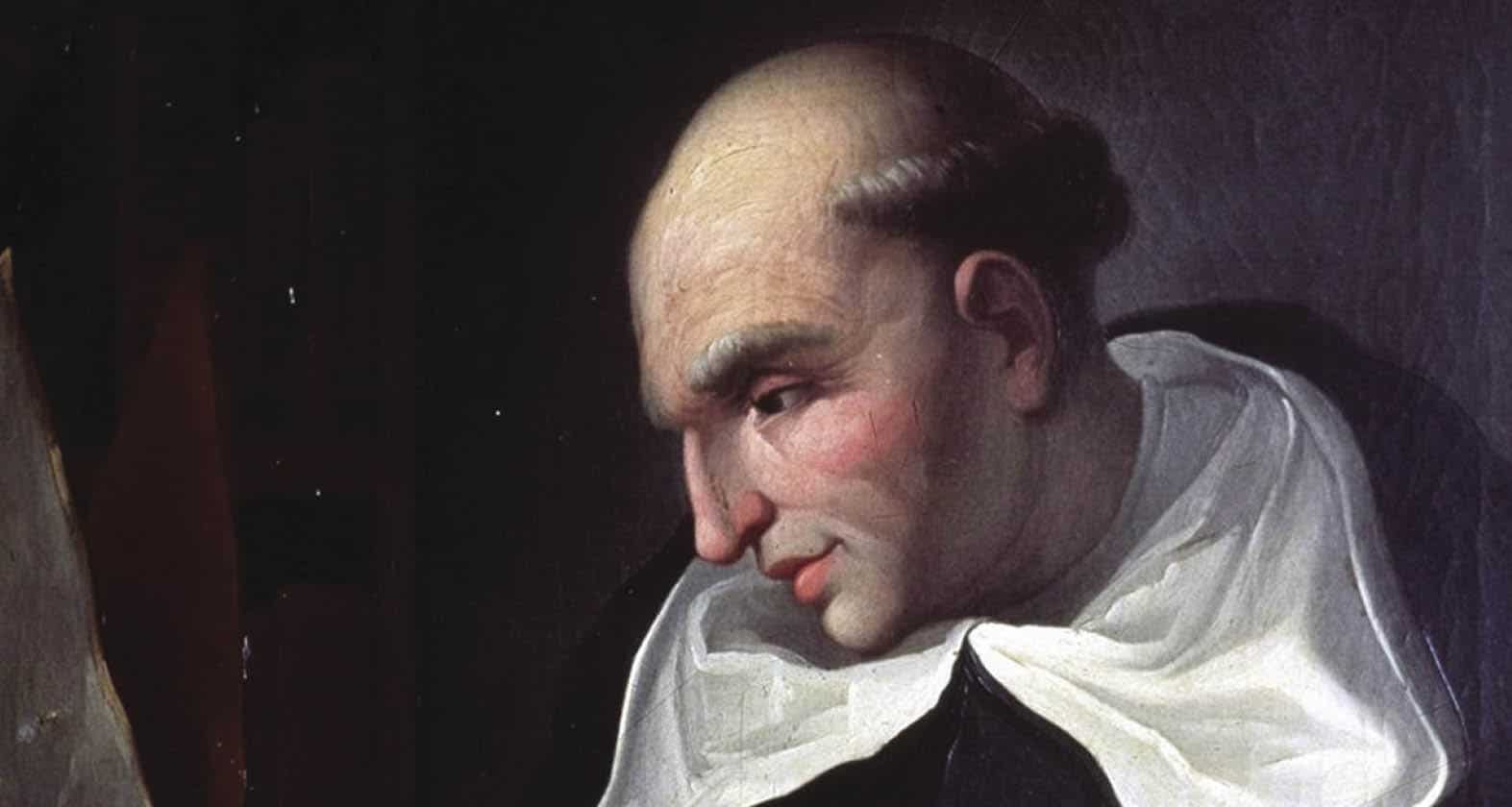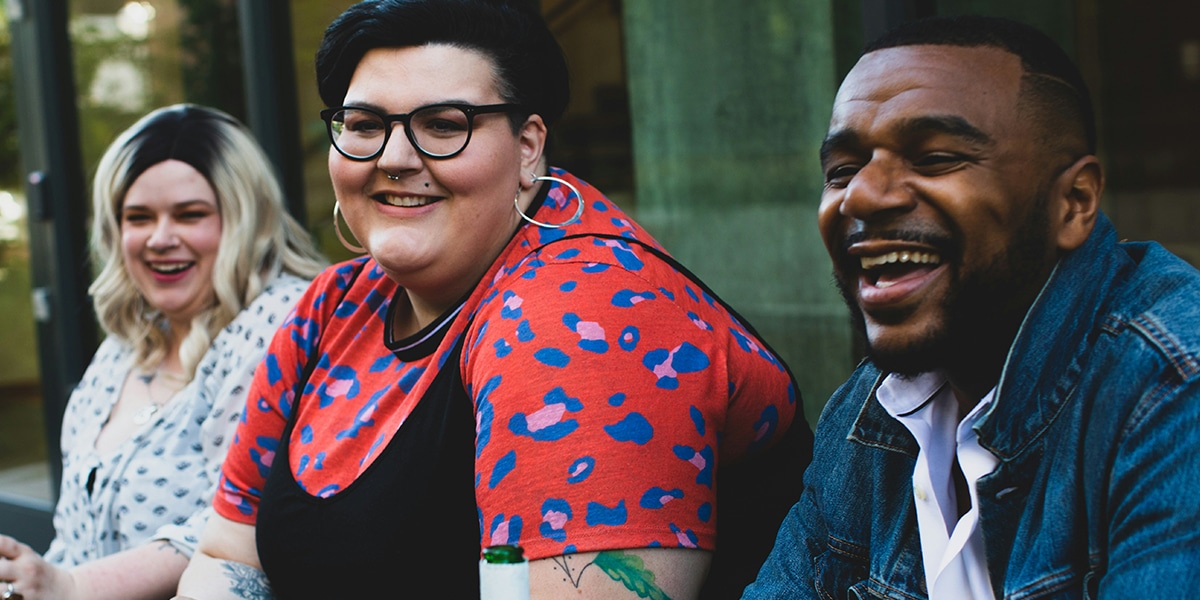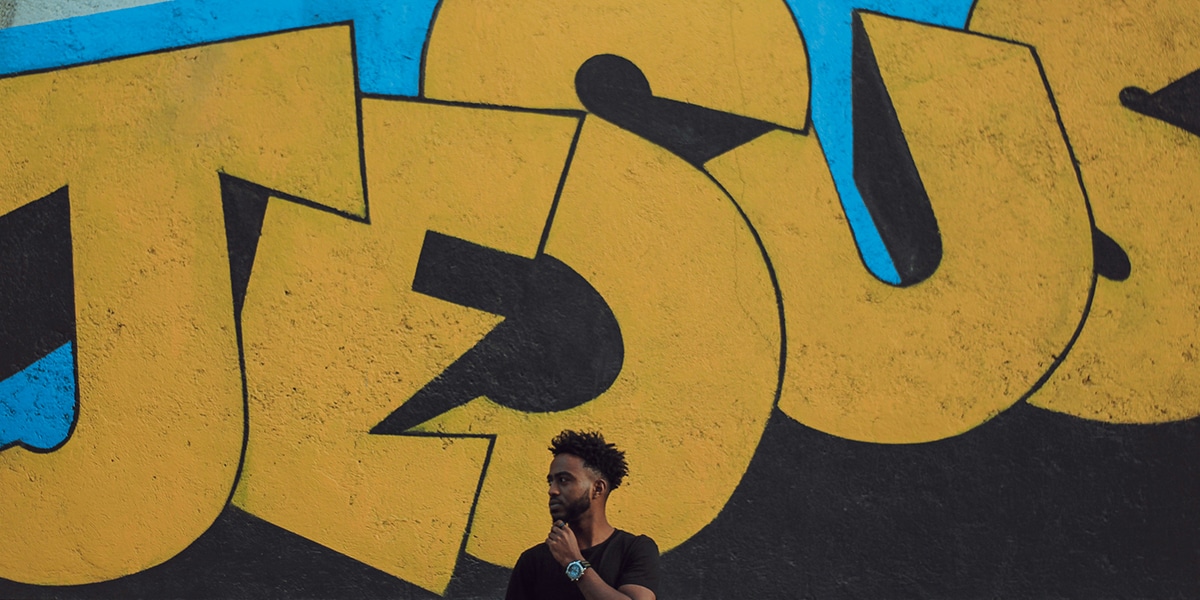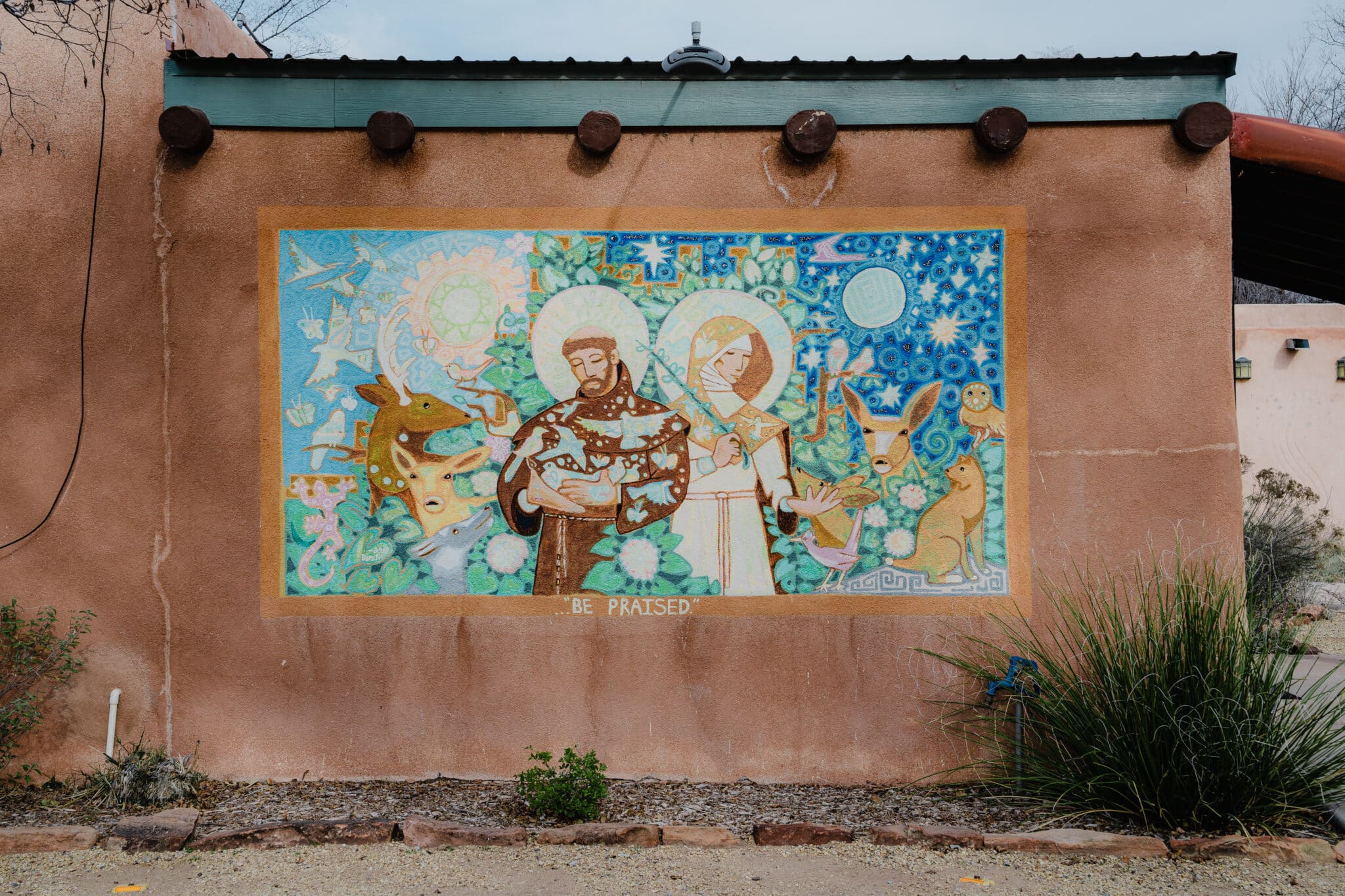I guess it’s tribalism, but I’ve always cast a skeptical eye on the Dominicans ever since I learned about their role in the Inquisition. Do you have any advice for thinking about gross historical misdeeds by current institutions? It’s easy to say to ignore it and focus on the present, but institutions have cultures and decision-making modes that can persist.
Thanks for this very important question. No group is summed up by the worst decisions of its members. Yes, Dominicans extended the reach of the Inquisition, but not all its members supported those decisions. Bartolomé de las Casas (1484–1566), a Dominican, fought slavery and enslaving Native Americans. Unfortunately, he did not denounce with equal vigor the enslaving of Africans. Nevertheless, there have been many holy Dominicans over the centuries.
Consider an example closer to us in time and geography. In 1838, the Jesuits of Maryland sold 272 enslaved people to Catholic owners in the South to save Georgetown College (now University) from bankruptcy. A good purpose never justifies an immoral means (holding or selling enslaved people). Conscience must be allowed to grow.
In 2015, Georgetown established a working group on Slavery, Memory, and Reconciliation to advise about dealing with this gross historical injustice. Three years later, Georgetown decided to: set up a program for free tuition for descendants of those 272 enslaved people; commit $100 million from US Jesuits and other sources to fund that program; remove from two campus buildings the names of Jesuits closely involved in that sale; and rename one building for Isaac Hawkins, the first slave listed on that bill of sale, and a second building for Anne Marie Becraft, who set up the first schools for African American girls in Washington. She later joined the Sisters of Providence, a community of African American religious women.
See Georgetown.edu/Slavery/History for more on this process. Those decisions by Georgetown University do not erase the original injustice, but they show a willingness to acknowledge a shameful part of the school’s history and a willingness to start making reparations for it.
Other institutions (Catholic and public) have been involved in similar injustices. For example, enslaved people were used to build the White House and the US Capitol. To whom and how should reparations be made in this or countless other situations? Admitting an institution’s past injustices is good but is certainly incomplete without some serious attempt to repair the damage.
Some people will ask: “Why should people now take responsibility for past injustices? I didn’t make that decision!” That is true, but people now can enjoy a privileged status because of such an injustice. Dan Horan, OFM, has explored this very well in A White Catholic’s Guide to Racism and Privilege (Ave Maria Press).
Some people consider these gross historical injustices normal and say, “Case closed.” Doing that is very easy but dishonest for those who benefit from such injustices. You are correct that institutions have cultures and ways of making decisions; these cannot be regarded as automatically good because they are old. Every institution can be better than its worst decisions.
‘I Cannot Forgive Them’
Some individuals have been so hurtful to me over many years that I cannot forgive them. Does Jesus expect me to do that?
Unfortunately, some people think “forgive and forget” is Jesus’ most basic rule. That kind of forgiveness, however, can literally be life-threatening to people in extremely abusive relationships. Each person’s right to self-defense is verbal as well as physical.
Although forgiveness is one-sided, reconciliation must be mutual. Forgiveness must precede reconciliation but does not guarantee it.
“I’m willing to forgive if . . .” always places that decision in someone else’s hands. That stance demands that the guilty party first repair the damage done. In fact, guilty people may go to their graves as clueless as the day they committed the original injustice. If that happens, what has the unforgiving person gained? 1 Peter 3:5a still holds, “Do not return evil for evil . . . but, on the contrary, a blessing.”
Perhaps Eva Kor, a survivor of the Auschwitz concentration camp, said it best: “I forgave the Nazis not because they deserved it, but because I needed it.”
Forgiveness is not how innocent people reward guilty ones but instead represents a gift from innocent people to themselves.
Who Wrote the Hail Mary?
A family discussion recently surfaced this question. No one was sure about the answer.
The opening lines (“Hail Mary, full of grace, the Lord is with you. Blessed are you among women”) combine what the Angel Gabriel says to Mary in Luke 1:28 with Elizabeth’s salute to Mary in Luke 1:42 (“Most blessed are you among women, and blessed is the fruit of your womb.”). According to the Dictionary of Mary, the prayer’s second section (“Holy Mary, Mother of God, pray for us sinners”) was added in the 16th century, and the final phrase (“now and at the hour of our death”) was added in the 19th century.
Can Catholics Practice Yoga?
On a national Catholic TV station, one presenter said that Catholics are not allowed to practice yoga because of its Hindu origins. Another person in a different program on the same network said yes because it carries no automatic religious connotations. Does the Catholic Church have an official position on this?
It does not. I think the person who said no was being overly strict. Don’t most people practice yoga without endorsing its original religious links?








